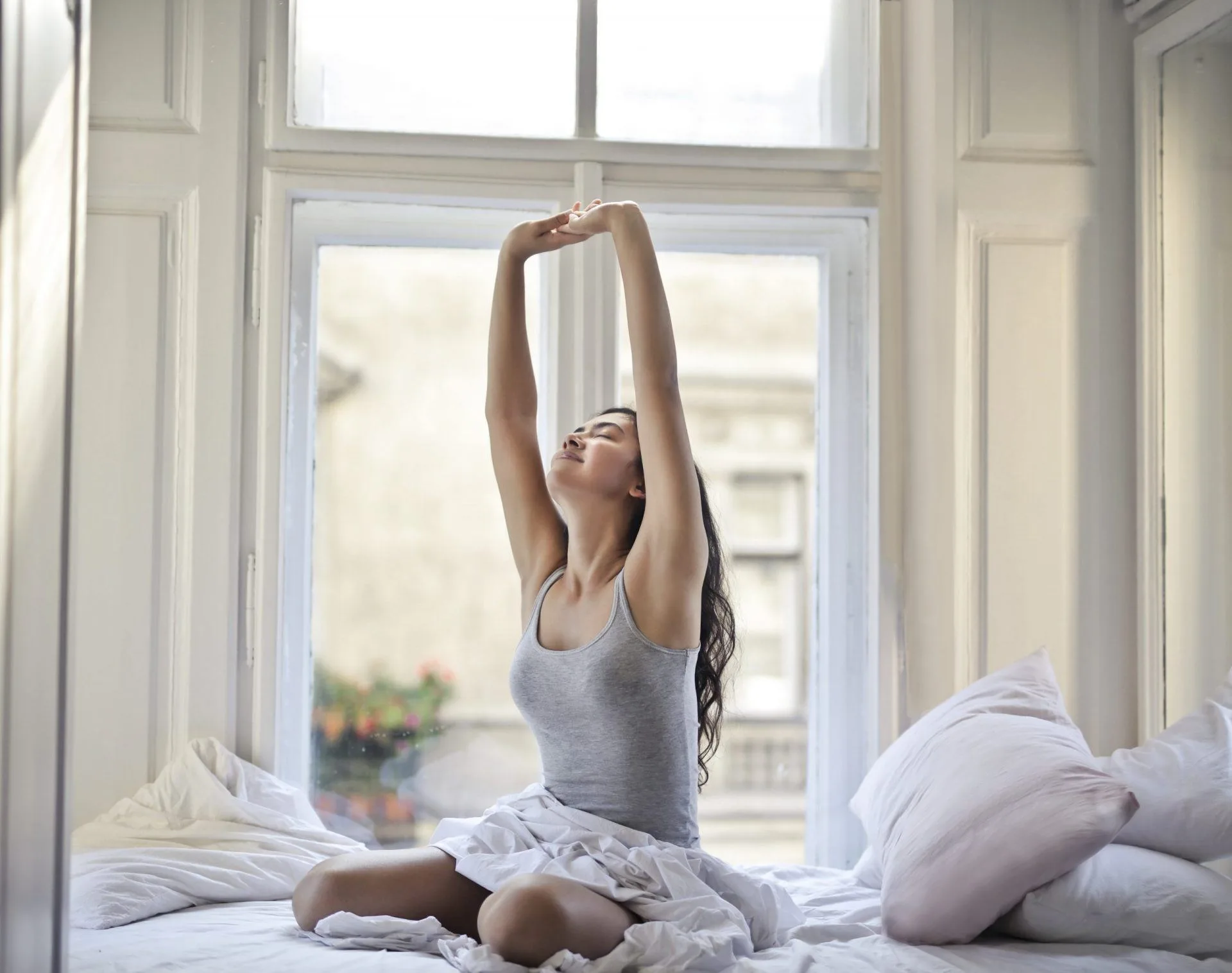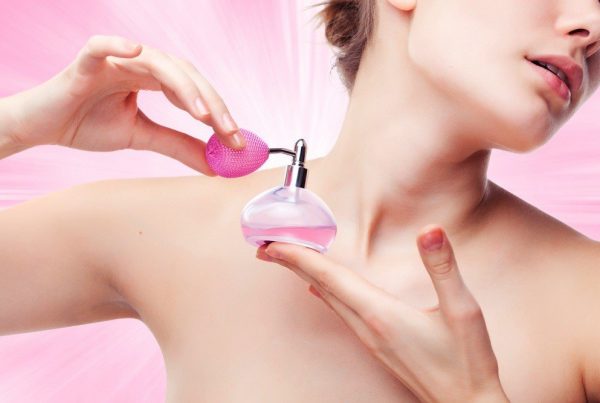Having sleeping problems in this day and age is common, and many are turning to more natural ways of dealing with these problems. One of them is aromatherapy which is a great way of helping with sleeping problems and improving our health.
Aromatherapy, or essential oil therapy, is a holistic treatment that uses natural plant extracts to promote overall well-being. It uses aromatic essential oils to improve the health of the body, mind, and spirit and enhances both emotional and physical health.
Below, we delve into different types of essential oils that help with better sleep and the ways you can use them.
Why Choose Aromatherapy?
Aromatherapy has an array of benefits including improving sleep quality, managing pain, reducing stress and anxiety, and many more. It can also treat conditions such as asthma and depression, and is usually used through inhalation or topically.
Aromatherapy can help you sleep better by helping you relax. Different types of essential oil help different problems, so knowing your list of oils will make it easier when choosing which one is best for your condition.

Photo by Chelsea shapouri on Unsplash
Essential Oils For Better Sleep
Many of us suffer from sleeping problems due to our lifestyle and everyday stress. But, it’s not always easy to turn off your mind and fall asleep.
Sometimes our mind doesn’t want to shut down, and we keep on tossing and turning until morning comes. Using essential oils to help you sleep might just be the best way for you.
Lavender oil is one of the most popular and well-known essential oils that calm the nervous system and helps us relax. It slows the heart rate and relaxes our muscles, working as a sedative.
Chamomile oil reduces insomnia and tackles depression. It has been used even in ancient herbal medicine to reduce anxiety and stress, which most commonly lead to depression.
Bergamot oil is a citrus fruit and has a calming effect. It induces physiological changes like lowering heart rate and blood pressure, helping with anxiety and stress. Avoid applying topically before going out since it is photosensitive.
Valerian Oil
Reduces anxiety and will help you sleep better and longer. It works on the same principle as anti-anxiety medicine and promotes deep sleep. Clary sage oil is a natural sedative known for its antidepressant effects.

Photo by Kelly Sikkema on Unsplash
It reduces the levels of the hormone cortisol, which is often connected with stress.
Sandalwood oil can help with relieving anxiety and stress. It also has sedative effects by reducing wakefulness.
Jasmine oil helps with restless sleeping and improving the quality of sleep. It has a molecular mechanism similar to certain prescribed medicines for sleep. It is popular for tackling insomnia.
Ylang-ylang oil comes from Indonesia, and it’s produced from the ylang-ylang fruit of the tree Canaga. This oil is famous for having a soothing effect that relieves stress and promotes sleep.
Eucalyptus oil helps with clearing sinuses and airways, helping you breathe easier and get to sleep. It is also used for chest rubs during colds.
Peppermint oil is also used for clearing airways and reducing snoring since it has anti-inflammatory properties. It also helps with symptoms of mild sleep apnea.
Ways Of Using Essential Oils
When in need of a natural sleeping aid, essential oils are one of the best options. Three of the most popular ways to use essential oils for sleep are massage oils, bath salts, and diffusers.
Aromatherapy massage oils will help you fall asleep faster and more soundly. Whether you choose lavender oil or bergamot the choice is yours, depending on your taste. You can also blend them and make your unique essential oil.
Aromatherapy diffusers are small ceramic discs that make the air fill with the scents of the essential oils. There are electric ones that are safer than using aromatherapy candles or scent warmers which can be hazardous if you fall asleep and forget to blow them out.

Photo by RODNAE Productions from Pexels
Aromatherapy Bath Salts
These are used for relaxation and relieving anxiety and tension. For some people, there is nothing more relaxing than a warm bath infused with essential oils. Ylang-ylang and clary sage are some of the best choices for this.
Final Thoughts
If you’re planning to start using aromatherapy to help you sleep better, try out all the different essential oil types to find what’s best for you. Before purchasing, always check the therapeutic quality and purity. The best part is that you can mix the oils to create your essential oil blends for sleep. Remember that if you have sleep apnea or any other sleep disorder, it’s always best to consult a doctor first.

Photo by Los Muertos Crew from Pexels
Main Photo Credit: Photo by bruce mars on Unsplash



![women [longevity live]](https://longevitylive.com/wp-content/uploads/2020/01/photo-of-women-walking-down-the-street-1116984-100x100.jpg)










